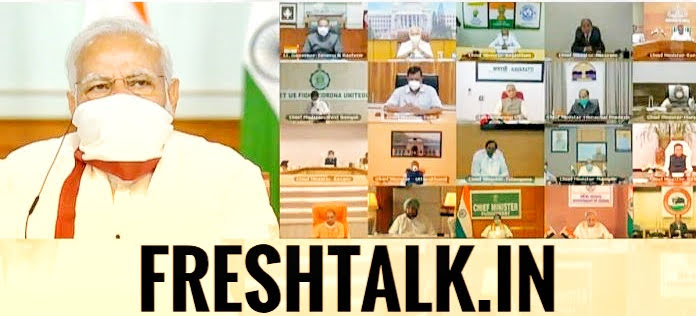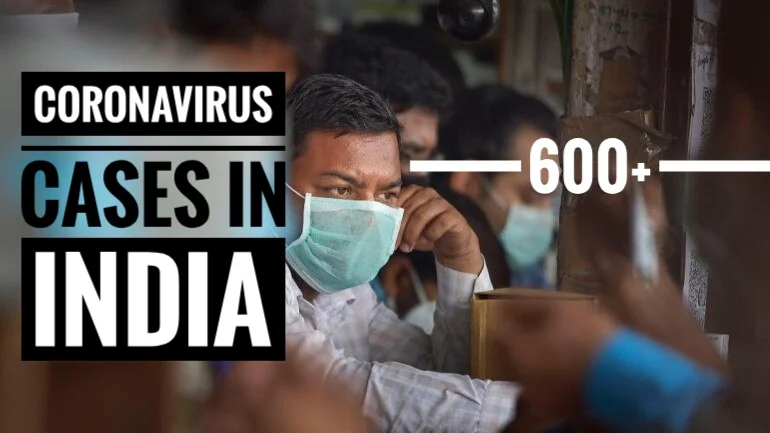In the video conference meeting with the chief ministers earlier on Saturday, PM Narendra Modi has been hinting to apply a decentralised strategy which may involve dividing the areas into red, orange and green zones. During the video conferencing most states have requested the PM to extend the lockdown for two more weeks and the government is found to be considering their requests. As the PM has already mentioned that lockdown cannot be lifted in a single stroke across the country, the number of hotspots and infection clusters has risen with the time and strict containment strategies have been implemented to stop the spread.
Speaking of the people and their lives, and economy of the country, PM Modi has suggested an idea of lock-in in industrial, agriculture and construction sector which means the workers will be housed within the their work zones and will continue to work there. Modi also said that the agriculture is out of lockdown so that harvest crops do not get affected, ensuring India’s food security. He also suggested that registered warehouse should be notified so that the farmers and vegetable vendors do not have to step out to sell. The raw materials for the industries will be taken care by the government.
PM Modi has asked the states to urge people to download the Aarogya Setu App; the app determines if one has been near COVID-19 infected person by using Smartphone’s GPS system and tracks the corona virus infection. The states have also sought more ways to deal with the socio-economic and health problems during the pandemic by pitching for MGNREGA, Mahatma Gandhi National Rural Employment Guarantee Act and have requested to increase the number of work days and pay. The states have also called for new money supply by RBI and increasing the Fiscal Responsibility and Budget Management limit to 6% also postponing the state’ debt service obligations by three to six months.

The decentralisation of powers would have been done earlier; many states have designed their policies and communicated to the public with clarity and consideration laying out broad framework for the country. Even though the State Government has taken up the position but there are still many limitations, some of them are; states are unable to access their funds and form their own welfare packages. The restriction imposed by the public finance management system prevents states from making payment for healthcare facilities such as ventilators and personal protective equipments. And the other one is the disruption of supply chain of essential goods which has lead to the grave condition of states. While framing the policies the Parliament divided the powers into two layers: State and Central so that, the authority of the central and state do not overlap then why the states are unable to access the resources. States should be given guaranteed fiscal dominion to implement their policies and help fulfil the needs of people.
The corona virus has spread at a very large extent and we never know when we will return to normalcy, we will have to wait for years to regain the vitality and reconnect with the world. The involvement of organisations and volunteers in case detection, isolation counselling, severity-based care and social support will be a great help. While we enter the coming days and months we should be having a better picture of the spread that would need testing of the symptomatic and asymptomatic across the country through random sampling and surveys, hotspots should be identified based on the referred symptomatic cases and persons based on the survey and home visits. The extension of lockdown by the states for next two weeks can bring a change in the current state of the country and soon the life will return to normalcy.

